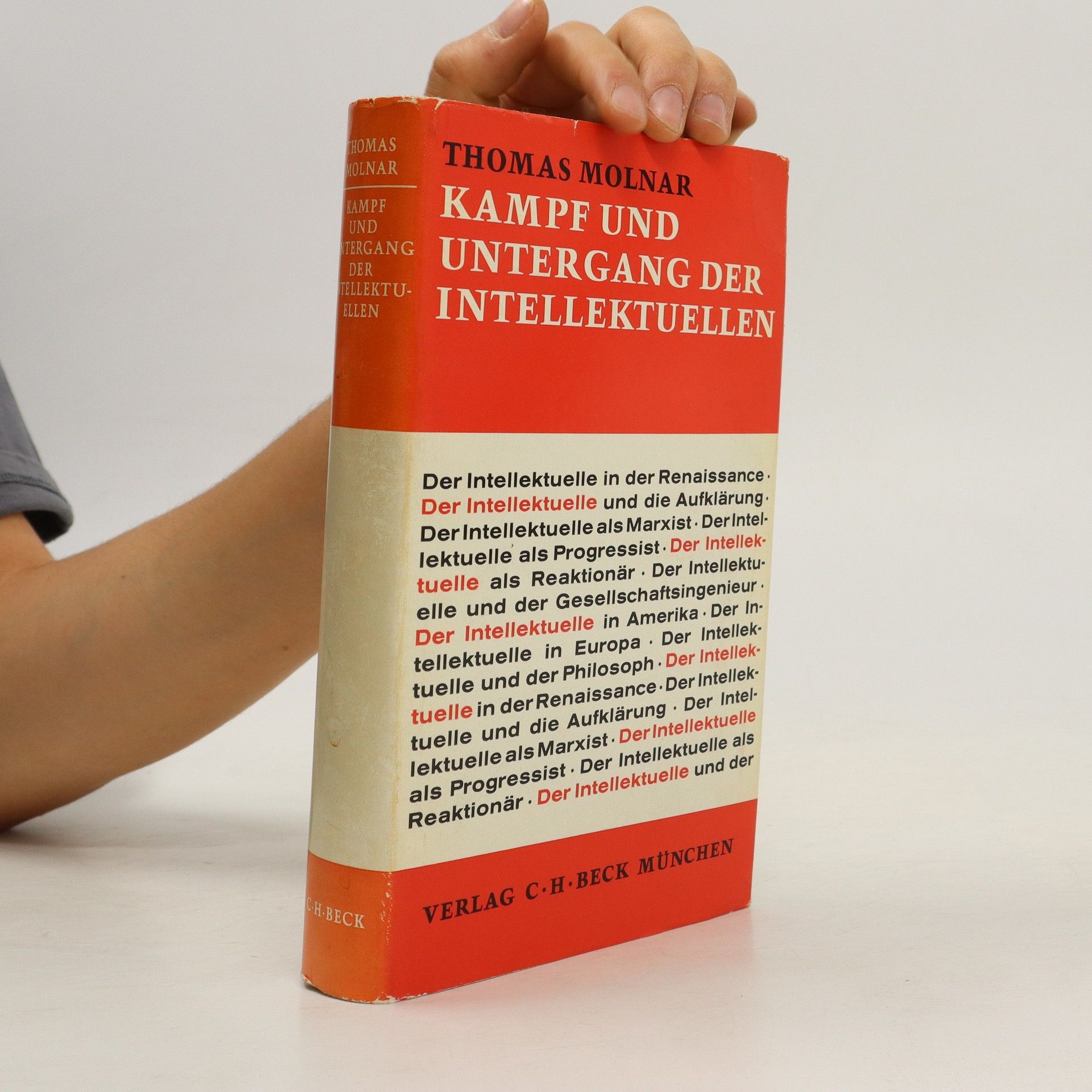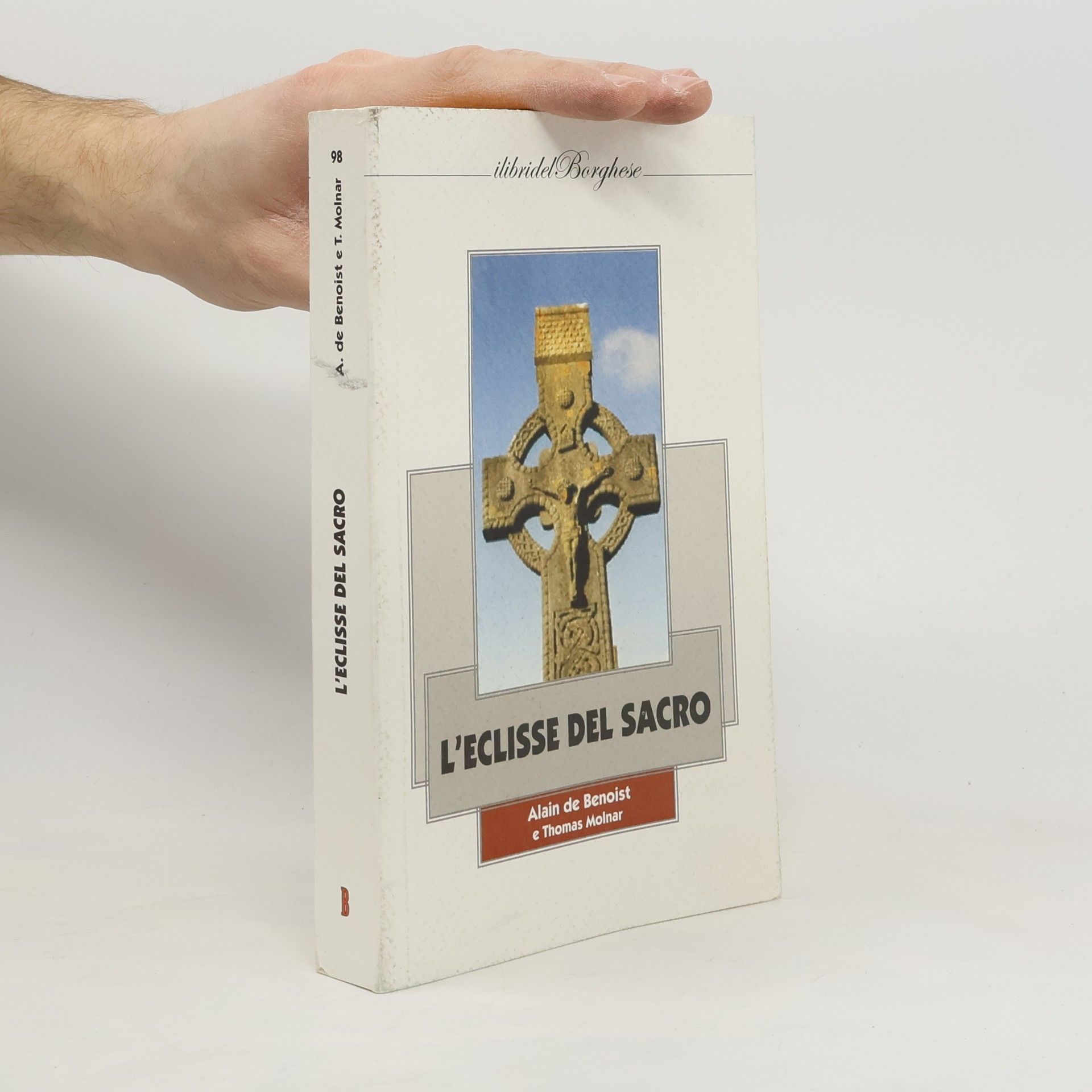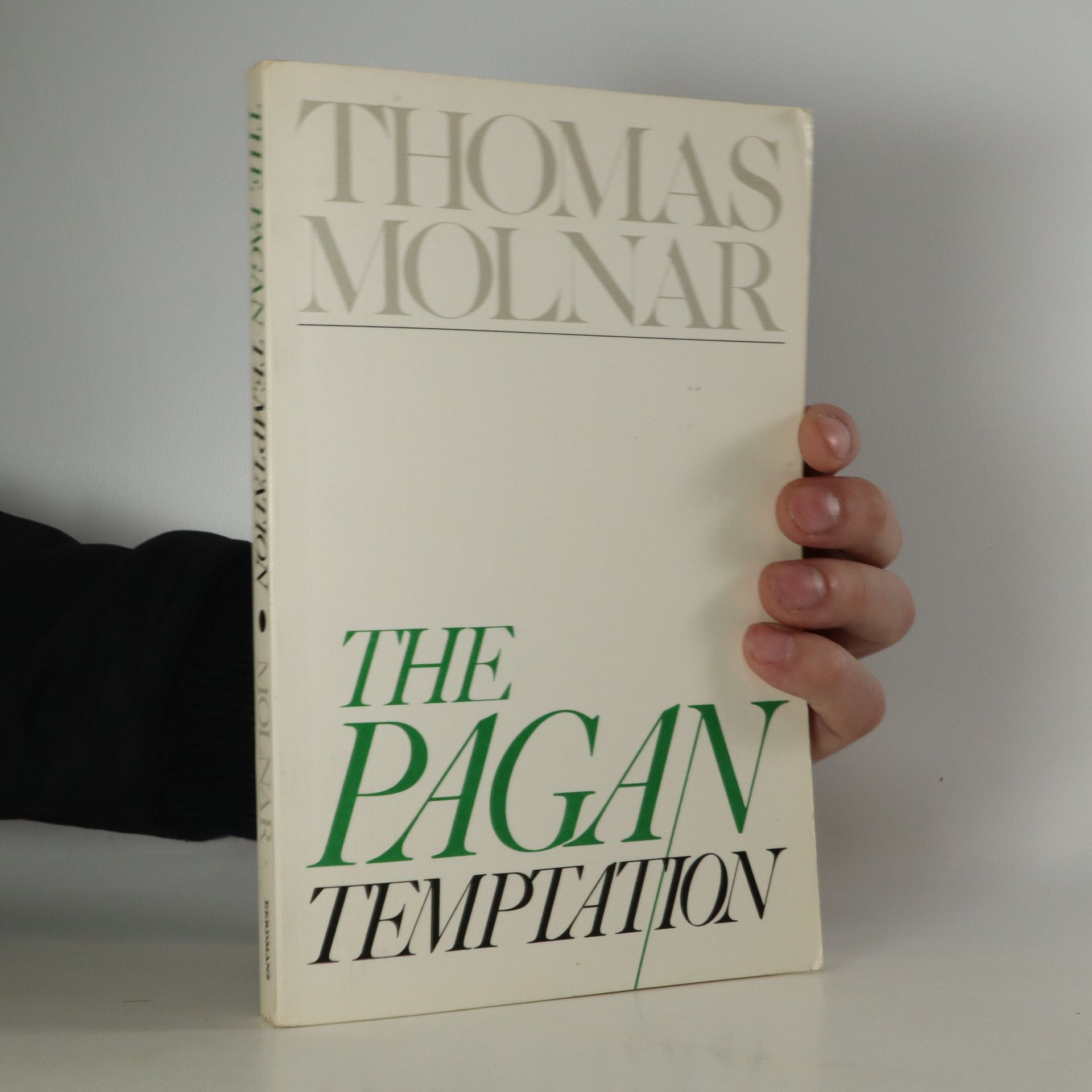I libri del Borghese - 98: L'eclisse del sacro
- 294 pages
- 11 hours of reading
Da diversi decenni Alain de Benoist, attraverso un’inesauribile attività di poligrafo eclettico, scandita dalla pubblicazione di molti libri e articoli sugli argomenti più disparati, conduce una battaglia personale volta in qualche modo a decostruire i termini-chiave del mondo moderno, in vista di un suo superamento radicale. Infatti, per quanto possa sembrare un paradosso, nell’interpretazione del pensatore francese una reale evoluzione dell’esperienza umana dipenderà non solo dall’emancipazione dalle convenzioni e dai pregiudizi del passato, ma dall’emancipazione consapevole dal moderno, inteso come summa di prospettive ormai inadeguate.




